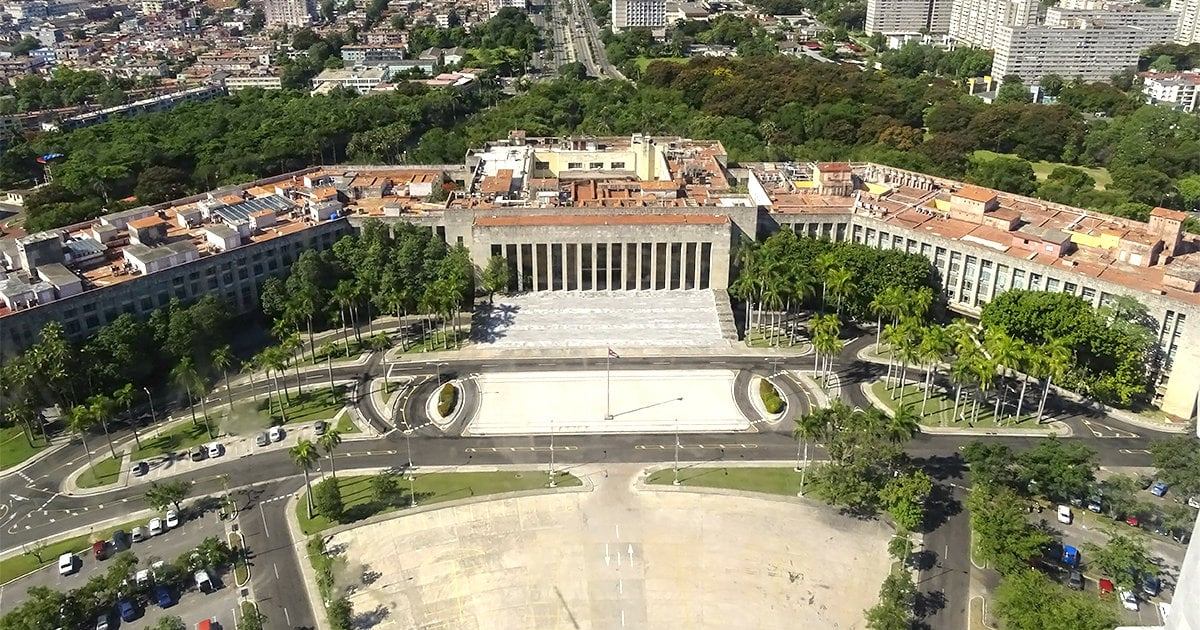The Cuban government responded on Tuesday to the United States' decision to remove Cuba from the list of countries sponsoring terrorism, describing the move as "limited yet proper." In an official statement from the Ministry of Foreign Affairs, the Cuban regime acknowledged that while the action is limited, it signifies progress in the right direction.
Cuba expressed gratitude to governments and international organizations, particularly in Latin America and the Caribbean, for their persistent calls to eliminate the designation, which has been a recurring topic in exchanges between the two nations. The measure is expected to end certain economic restrictions, including limits on financial transactions with Cuban entities and the prohibition of lawsuits under Title III of the Helms-Burton Act.
The Cuban government emphasized that although this U.S. action is a positive step, coercive measures continue to severely impact the country's economy and its people. Among other issues, it highlighted the ongoing "embargo" and "persecution" of fuel supplies and international medical cooperation. Financial transactions remain under stringent restrictions, affecting both the government and Cuban citizens, a point often used by Havana to mask its inefficiencies.
Furthermore, Cuba reiterated that despite the removal of the terrorism sponsor designation, punitive policies aimed at weakening the Cuban economy persist. The government once again blamed the U.S. for forcing emigration. In Tuesday's official White House announcement, it was noted that President Biden certified that the Cuban government has not supported international terrorist activities in the past six months.
This certification, in line with U.S. regulations, also underscores Cuba's commitment not to support terrorism in the future. However, the Cuban administration insisted that the designation should never have been made and that the truth and lack of evidence should have been sufficient to exclude the country from that list.
Biden's decision at the end of his term—just before Donald Trump takes office on January 20—comes after various negotiations with the island aimed at freeing hundreds of political prisoners, many of whom were July 11, 2021, protesters. Following Washington's announcement, the Cuban regime stated it would release 553 prisoners, attributing the move to Vatican mediation, without mentioning the U.S.
However, Washington had earlier indicated that it was removing Cuba from the terrorism sponsor list and suspending Title III of the Helms-Burton Act after mediation by the Catholic Church, as part of an agreement that includes the release of a "significant number of political prisoners" on the island. Biden's decision faced criticism from Republican sectors. Senator Ted Cruz called the move "unacceptable" and vowed to work towards reversing it, as did Trump.
Meanwhile, Marco Rubio, a proponent of sanctions against Cuba, is expected to spearhead efforts to block this policy from the Senate Foreign Relations Committee.
FAQs on Cuba's Removal from Terrorism Sponsor List
Why was Cuba removed from the list of terrorism sponsors?
Cuba was removed from the list because President Biden certified that the Cuban government had not supported international terrorist activities in the last six months and committed not to support terrorism in the future.
What impact will the removal have on Cuba?
The removal is expected to lift certain economic restrictions, such as limits on financial transactions with Cuban entities and the prohibition of lawsuits under Title III of the Helms-Burton Act. However, other coercive measures remain in place.
How did the Cuban government respond to the decision?
The Cuban government described the decision as "limited yet proper" and emphasized that coercive measures continue to impact the country's economy and population significantly.
